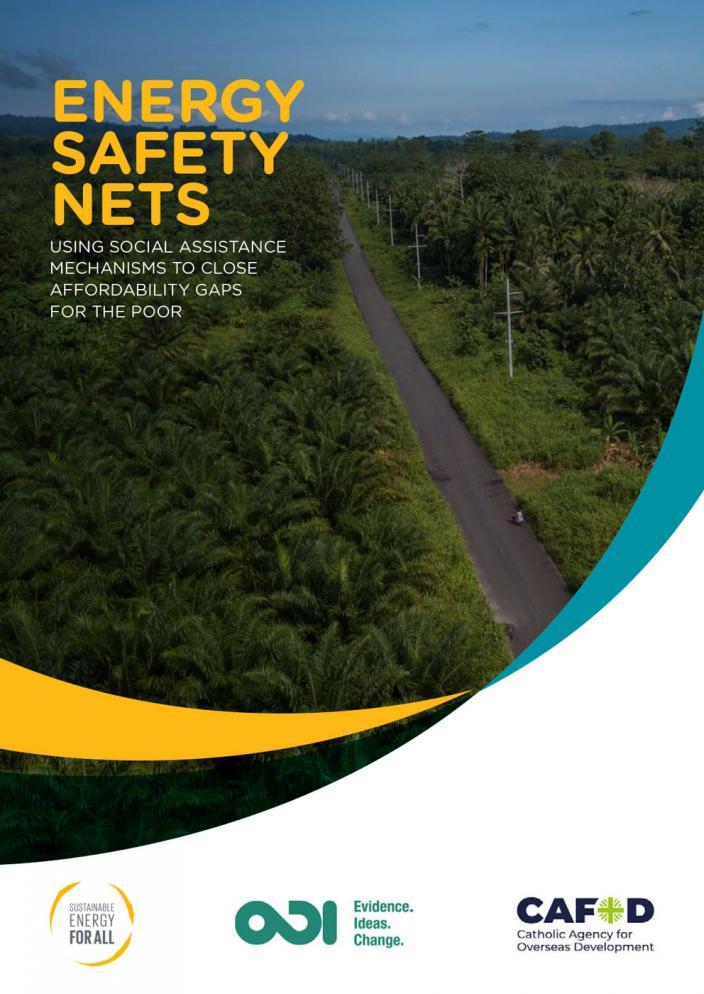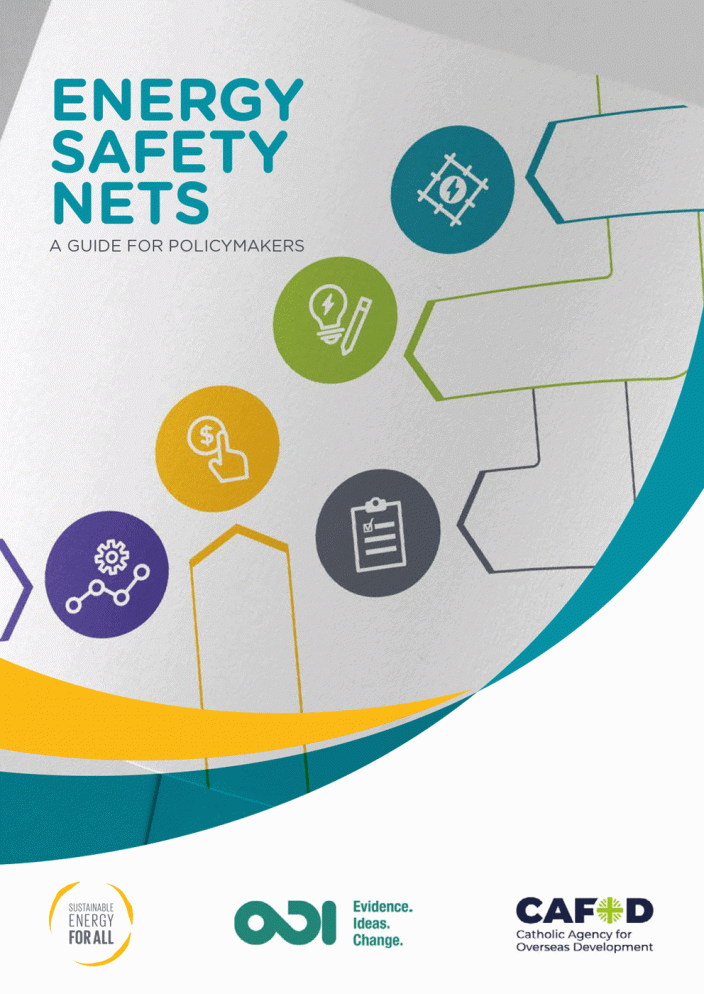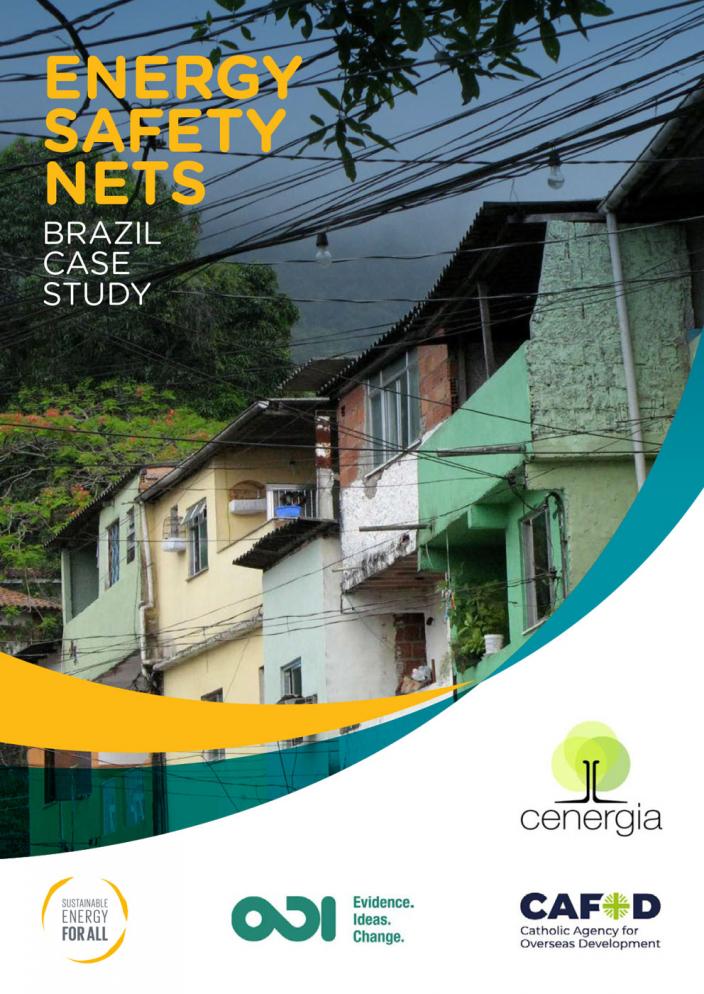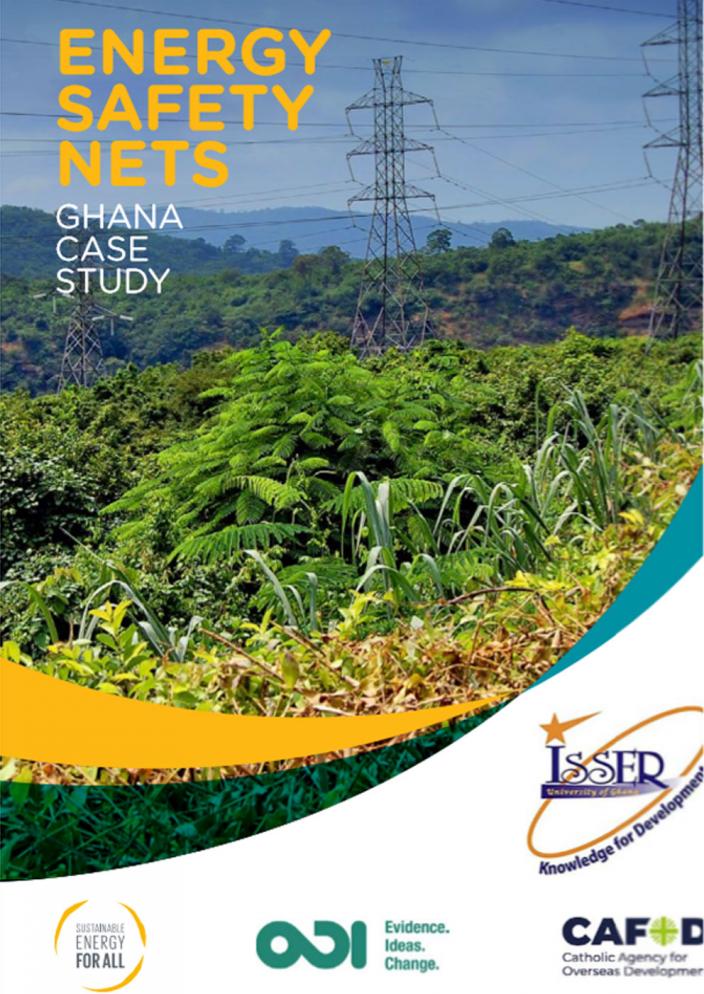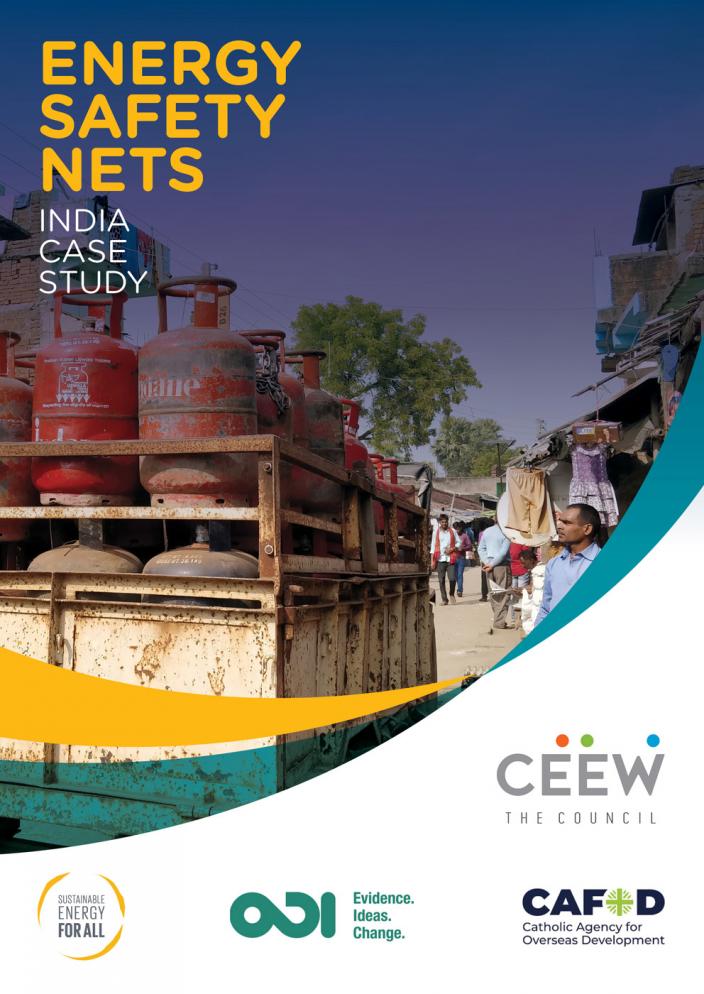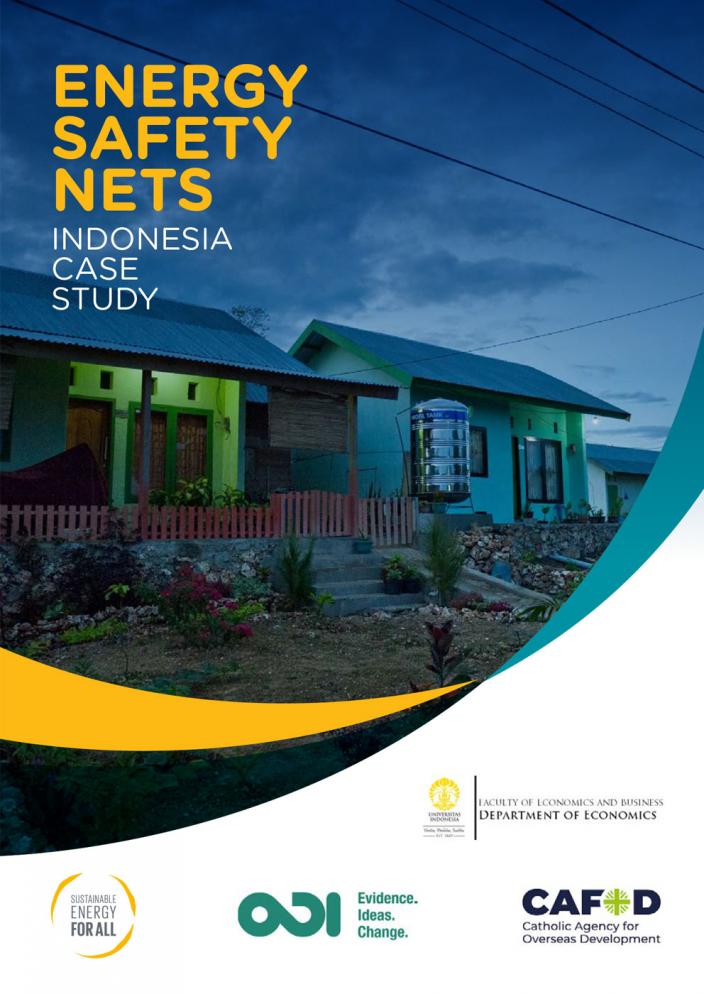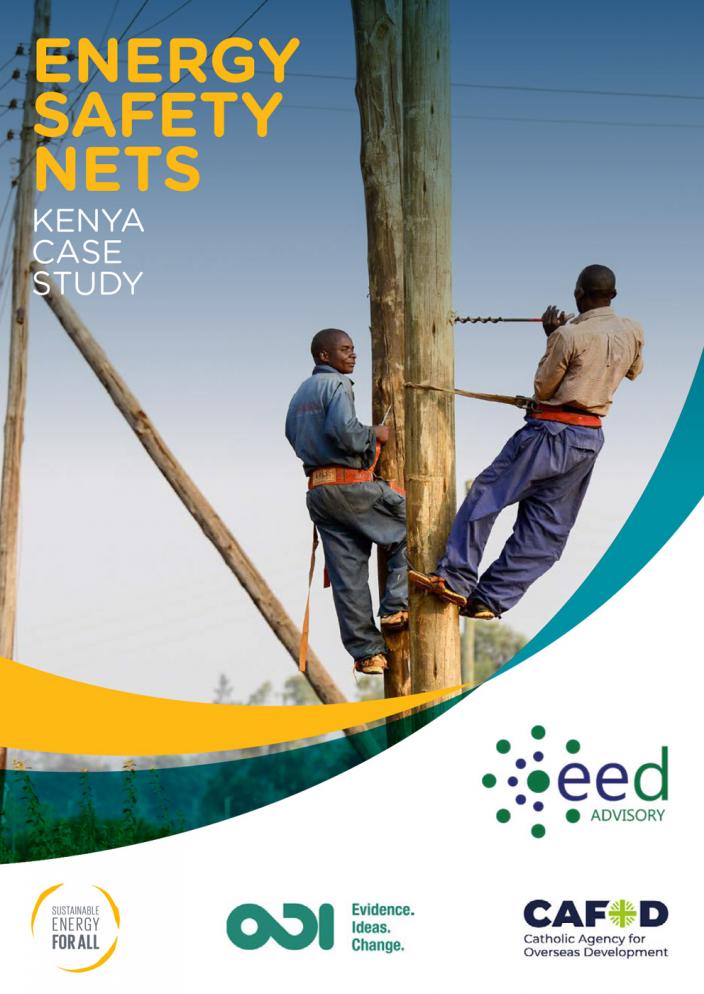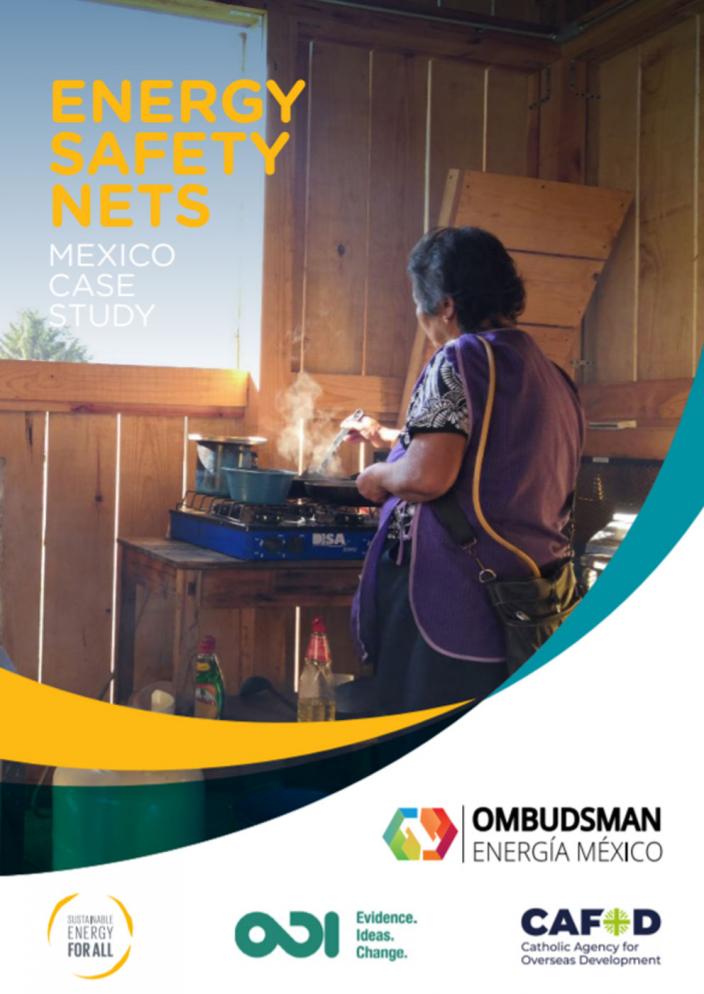With Energy Safety Nets: Using Social Assistance Mechanisms to Close Affordability Gaps for the Poor, an accompanying Guide for Policymakers, and six country case studies, Sustainable Energy for All (SEforALL) and partners Overseas Development Institute (ODI) and the Catholic Agency for Overseas Development (CAFOD) have developed first-of-its-kind research to inform best practices at the intersection of energy policy and social assistance to protect very poor, vulnerable and marginalized people.
Energy Safety Net is a term describing government-led approaches to support the very poor and vulnerable to access essential modern energy services (electricity as well as clean fuels and technology for cooking). They close the affordability gap between market prices and what poor consumers can pay for both connections and service delivery tariffs, ensuring that households or social groups are not left behind in progress to meet the Sustainable Development Goals (SDGs).
These reports and case studies from Brazil, Ghana, India, Indonesia, Kenya and Mexico distill and build on critical lessons learned from these six countries’ experiences with Energy Safety Nets. The Energy Safety Nets research series identifies innovative solutions around social assistance mechanisms, which can be used to closed energy access affordability gaps for individuals and families who need the most support. This work is an important first step in building an understanding of how to best-design Energy Safety Nets to improve people’s welfare.

